What Are the Best Chat SDKs for Fast and Scalable Communication?
Building real-time communication into your app is no longer optional. Whether you’re developing a social platform, customer support tool, or multiplayer game, in-app chat can dramatically enhance user engagement and retention. However, building a secure, scalable chat system from scratch takes time, effort, and specialized infrastructure.
That’s where chat SDKs come in. A chat SDK (Software Development Kit) provides prebuilt tools and APIs for integrating real-time messaging features into mobile, web, or desktop applications. From message delivery and typing indicators to file sharing and end-to-end encryption, these SDKs help developers launch powerful messaging experiences quickly.
Here are the best chat SDKs in 2025 that developers rely on to deliver high-performance chat capabilities.
Best Chat SDKs to Build Real-Time Messaging Features in Your App
If you’re building an application in 2025 that requires real-time communication, these chat SDKs offer scalable, secure, and feature-rich solutions for rapid deployment. They help teams save time, reduce infrastructure headaches, and deliver high-quality chat experiences across platforms.
1. Sendbird
Sendbird continues to lead the in-app messaging market with a rich set of features and scalability for global applications. It supports group chat, one- on-one messaging, typing indicators, read receipts, offline messaging, and media attachments. The SDKs are available for iOS, Android, JavaScript, and Unity.
In 2025, Sendbird’s standout advantage is its enterprise-level performance. It handles millions of concurrent users, making it ideal for large-scale apps. It also provides advanced moderation tools, AI-assisted chat filters, and analytics dashboards for customer insights.
2. Stream
Stream offers a highly customizable chat SDK that focuses on developer flexibility and ultra-fast delivery speeds. Built on Go and RocksDB, Stream powers real-time messaging for use cases like team collaboration, social media, and customer support.
Its SDKs support key features like threads, reactions, mentions, media attachments, push notifications, and user presence. Stream also emphasizes performance, offering <100ms message delivery time in most regions.
3. Twilio Conversations
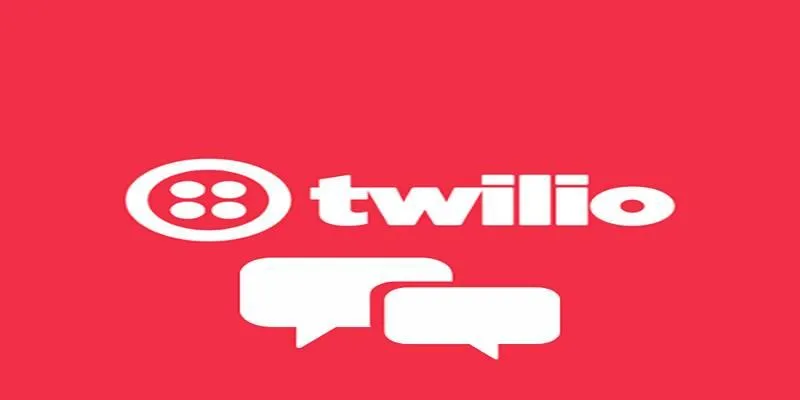
Twilio Conversations is part of the Twilio API family and excels in omnichannel messaging. With it, you can build cross-platform conversations that span SMS, WhatsApp, web chat, and mobile messaging apps. It makes it especially useful for support and commerce platforms.
Twilio’s SDKs provide a reliable backbone for handling message syncing, delivery tracking, and session management. Developers can also customize workflows through Twilio Studio or integrate with existing backend systems via REST APIs.
4. PubNub
PubNub offers real-time APIs for chat, presence, and live data streaming. Unlike some competitors that focus exclusively on chat, PubNub provides broader real-time functionality, which can be embedded into chat apps to support location tracking, IoT interactions, and more.
Its chat SDK enables message history, typing indicators, push notifications, and message reactions. It also comes with a real-time moderation engine and supports serverless functions for custom logic. In 2025, PubNub is favored by companies building chat for logistics, sports apps, and interactive platforms that require more than basic messaging.
5. CometChat
CometChat offers prebuilt UI kits and SDKs that reduce development time while still allowing deep customization. The platform supports features such as voice and video calling, group chat, bots, and message translation.
It also provides built-in moderation tools, user blocking, and encryption. In 2025, CometChat will be particularly popular among SaaS and marketplace platforms due to its low-code integration options and white-label capabilities.
6. MirrorFly
MirrorFly delivers both cloud and self-hosted chat SDKs, making it one of the few platforms to cater to developers who want complete control over data storage and privacy. It offers over 150+ chat features out of the box, including voice/video calls, screen sharing, file sharing, and chatbots.
With cross-platform SDKs for Android, iOS, Web, React Native, and Flutter, MirrorFly supports high scalability and is suitable for apps with thousands of active users. In 2025, it remains a solid choice for companies in regulated industries such as healthcare or finance that require on-premise deployment and data sovereignty.
7. ChatKitty
ChatKitty is a developer-friendly chat SDK designed to accelerate the launch of in-app messaging features with minimal effort. It provides real-time messaging, typing indicators, unread message counts, user presence, and webhook support out of the box.
What sets ChatKitty apart is its built-in support for serverless chat logic, enabling developers to write JavaScript functions that run on message events. It allows deeper customization without managing backends.
8. Agora Chat
Agora, best known for its voice and video SDKs, also offers a standalone chat SDK that integrates well with its existing suite. It allows developers to build apps where text, voice, and video communication coexist within one unified system.
The chat SDK includes all standard features like typing indicators, unread message counts, and chat rooms. In 2025, Agora Chat improves support for AI moderation, translation plugins, and offline access.
9. QuickBlox
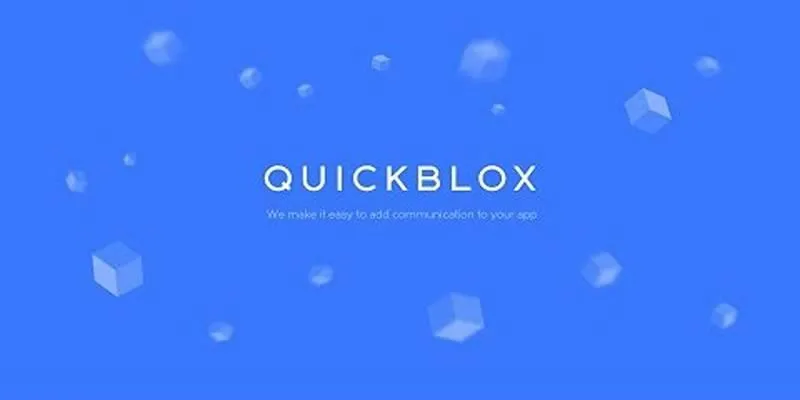
QuickBlox provides chat and calling SDKs with a focus on speed and reliability. The platform offers ready-to-use modules for group and private chat, push notifications, and file sharing. It supports WebRTC-based video calling as well.
In 2025, QuickBlox improved its UI kits and added new analytics features to track message delivery, user engagement, and response times. It supports HIPAA compliance and encrypted messaging, making it suitable for healthcare and legal apps.
10. TalkJS
TalkJS provides a plug-and-play messaging solution for developers looking to add chat to their platforms with minimal configuration. It focuses on customer-to-customer and customer-to-business use cases such as marketplaces and booking platforms.
TalkJS handles messaging UI, storage, notifications, and moderation with built-in tools and dashboard controls. In 2025, it will support advanced customization options, conversation threading, and multi-user conversations—all while keeping implementation code-light.
Conclusion
In 2025, integrating a chat SDK is the fastest and most reliable way to build real-time communication into your app. Whether you’re developing a social platform, e-commerce marketplace, or customer support system, these SDKs offer the scalability, security, and features needed to deliver seamless messaging experiences. From enterprise-grade platforms like Sendbird and Twilio to flexible solutions like MirrorFly and CometChat, there’s a chat SDK for every type of app and development style.
Related Articles

Enhance Your Customer Support with These 6 Automation Strategies

The 8 Best To-Do List Apps for Android in 2025

8 Best To-Do List Apps for Mac in 2025

Improve Your Virtual Communication: 5 Free Video Chat Tools to Use

10 Best Meeting Scheduler Apps to Try in 2025

10 Best Survey Apps You Need To Try in 2025

Upgrade Your Email Experience: The 7 Best Email Clients for Windows
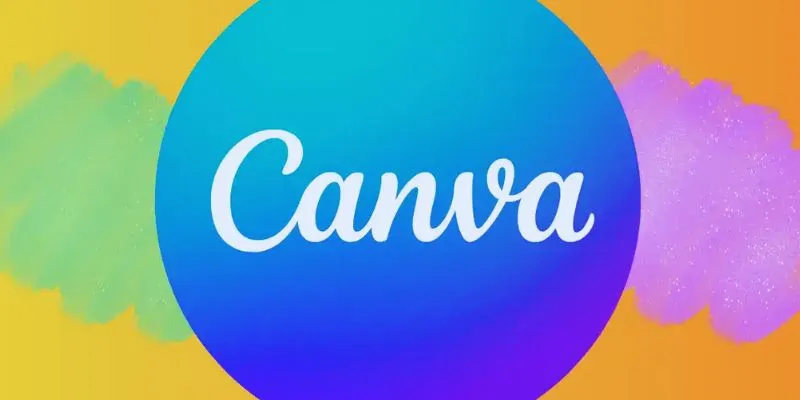
Exploring The 5 Best Canva Alternatives for Creative Projects

The 6 Best Construction Management Software Options to Streamline Your Projects

The Best Slack Apps for Your Workspace in 2025: An Ultimate Guide

Which Are The 6 Best PDF Editor Apps To Simplify Your Workflow: A Guide

Upgrade Your Email Experience: The 7 Best Email Clients for Windows
Popular Articles
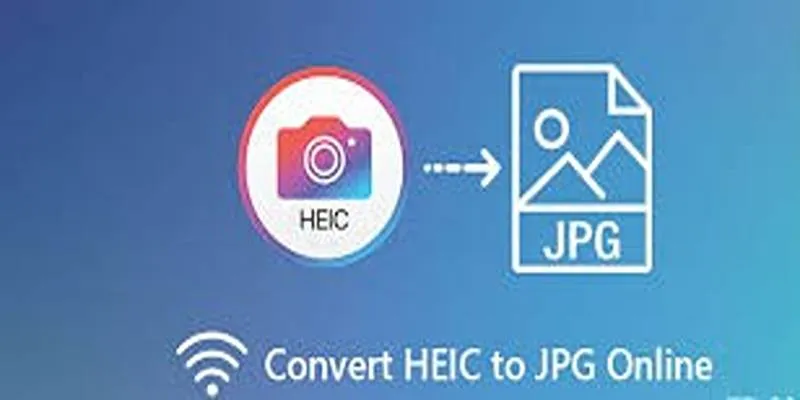
How to Convert HEIC to JPEG Online Without Extra Apps or Programs
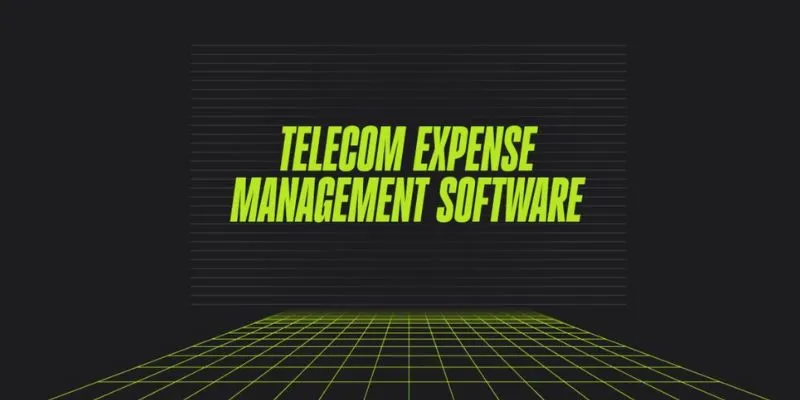
A Beginner’s Guide to Telecom Expense Management Software: All You Need to Know

Free and Powerful: 8 AI Image Enhancers to Boost Photo Quality
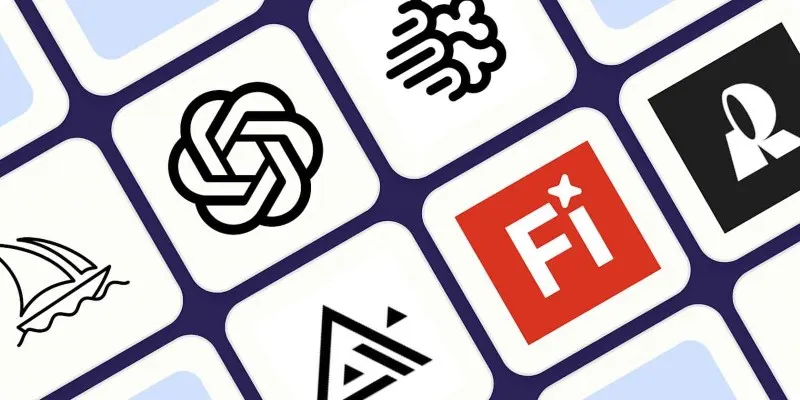
Discover the Best AI Image Generators to Bring Your Ideas to Life in 2025

Capture Gameplay Smoothly: 5 Great ShadowPlay Alternatives

Understanding the M4V File Format: Features, Compatibility, and Conversion Methods

Where Do OBS Recordings Go? How to Find and Manage OBS Recordings
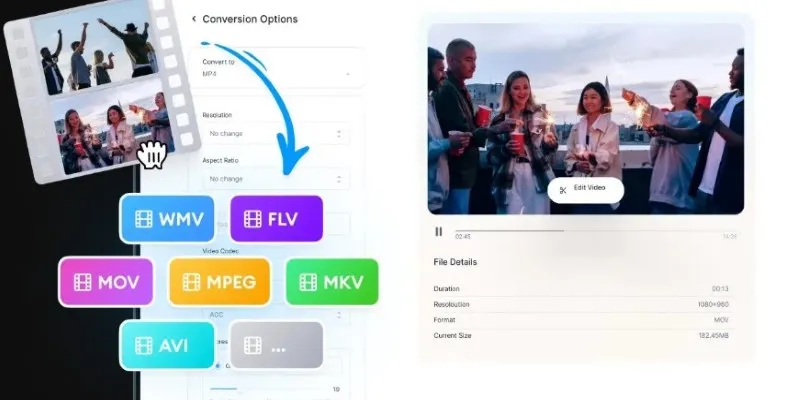
Simple Steps to Convert Videos into Multiple Formats Without the Hassle

Top Tools to Convert MXF Files for Seamless Sony Vegas Compatibility

Which Are The Best Database-Powered App Builders for Seamless Development?
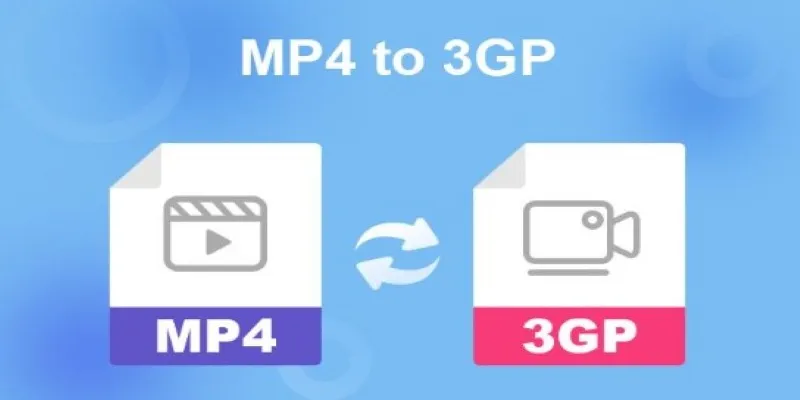
Convert MP4 to 3GP with Ease: 2 Methods You Need to Try

 mww2
mww2